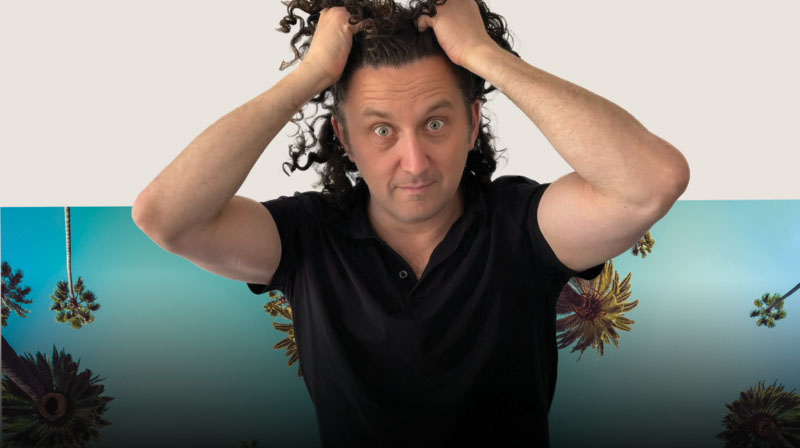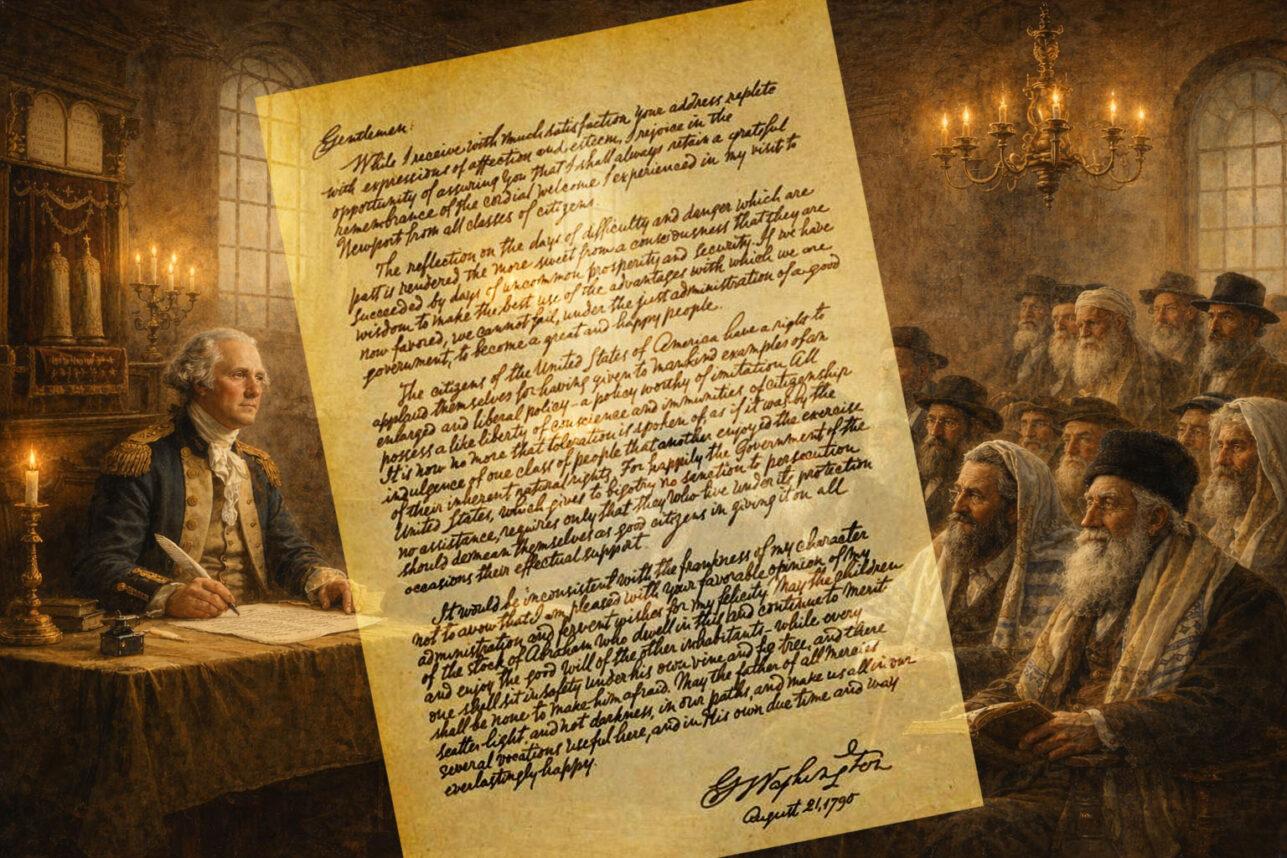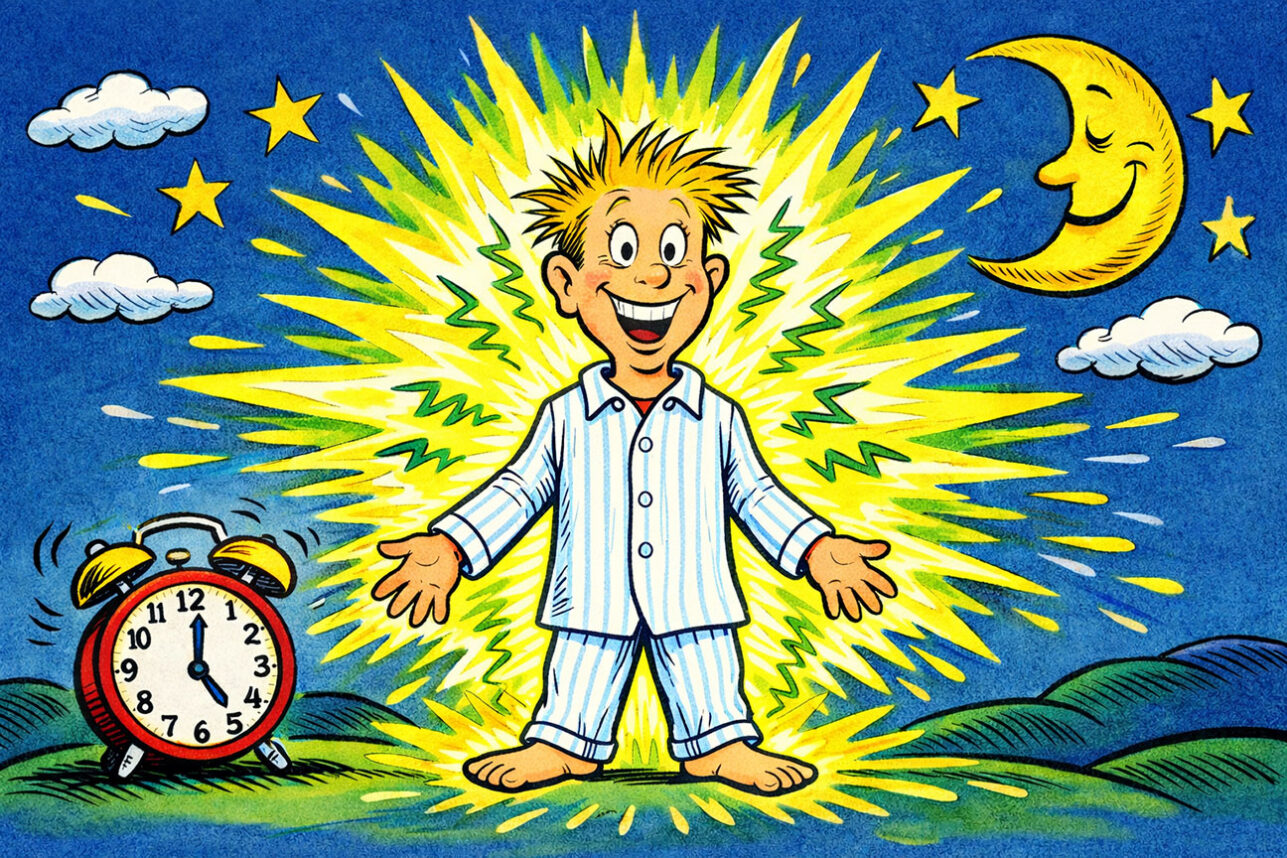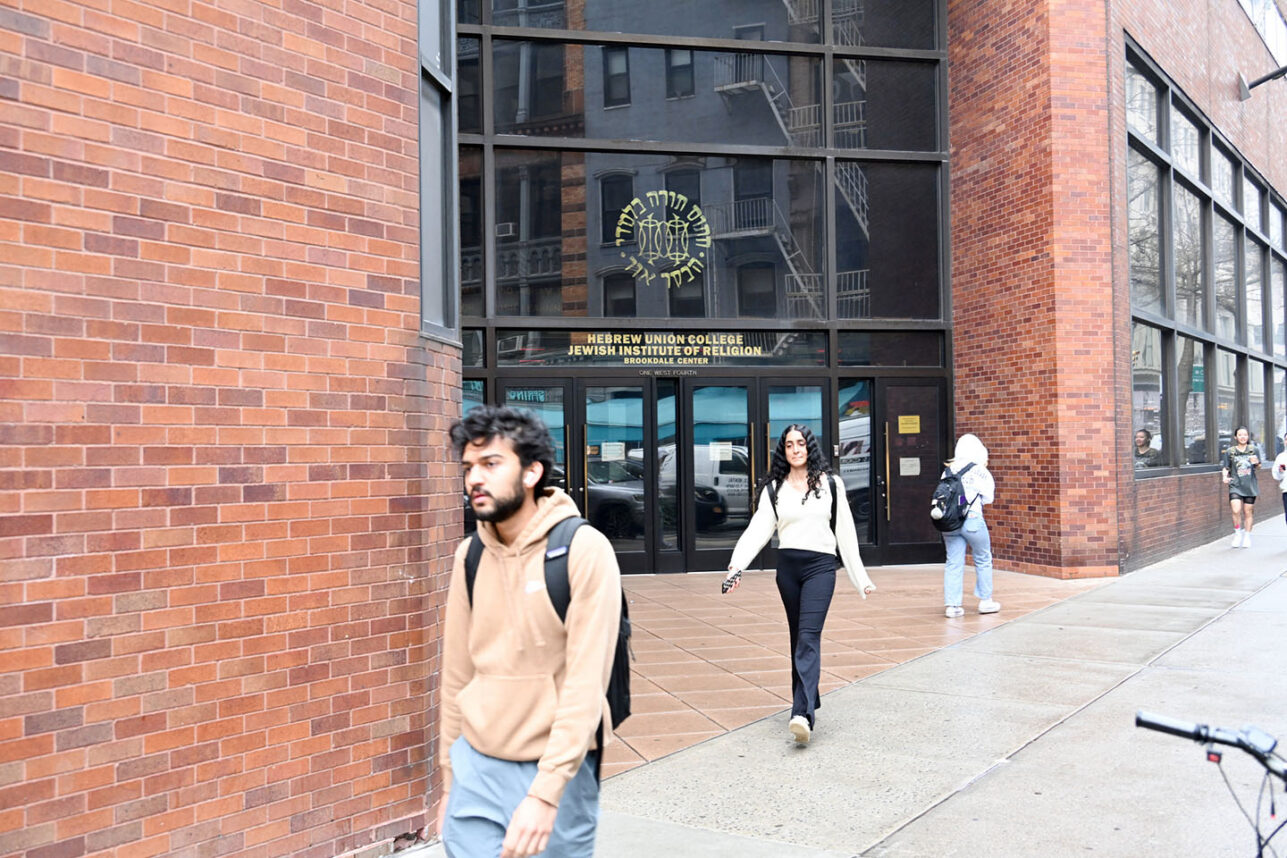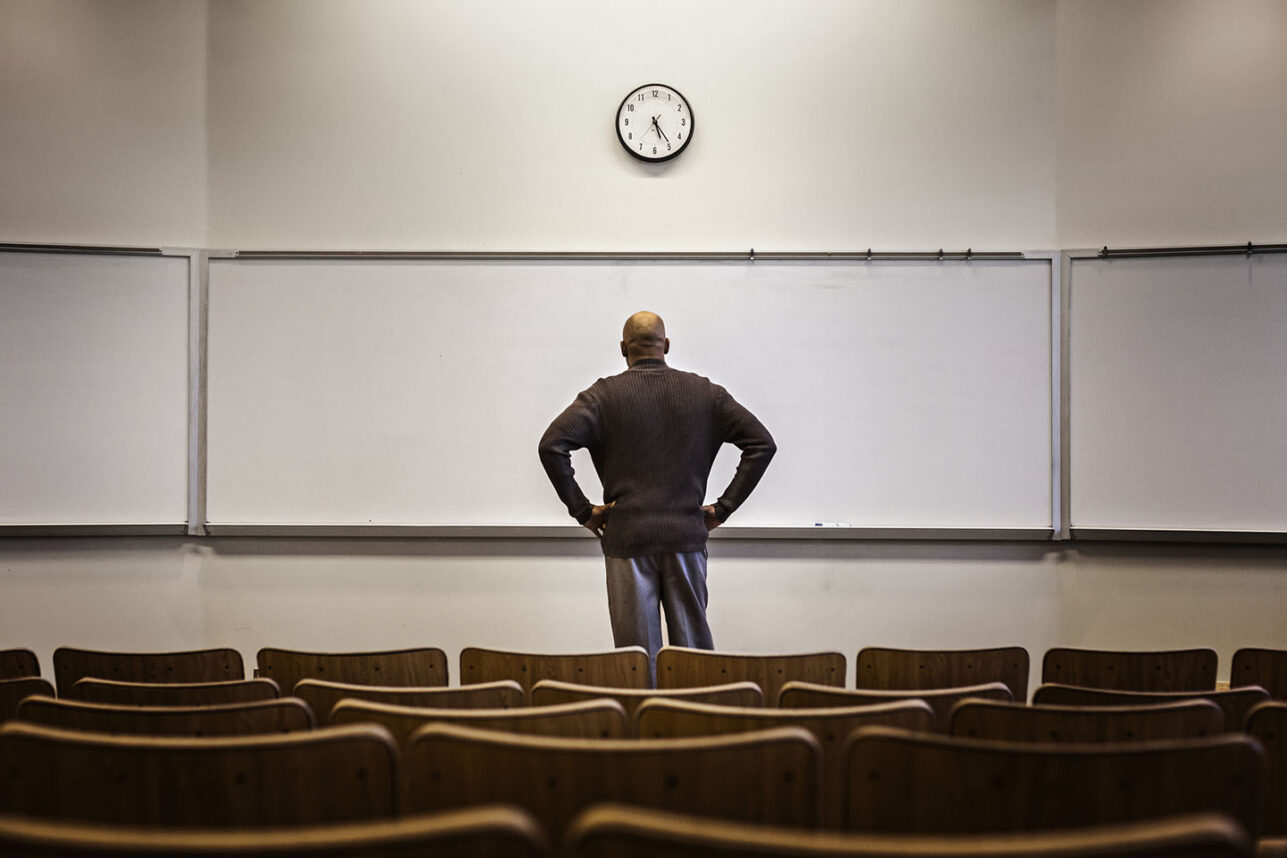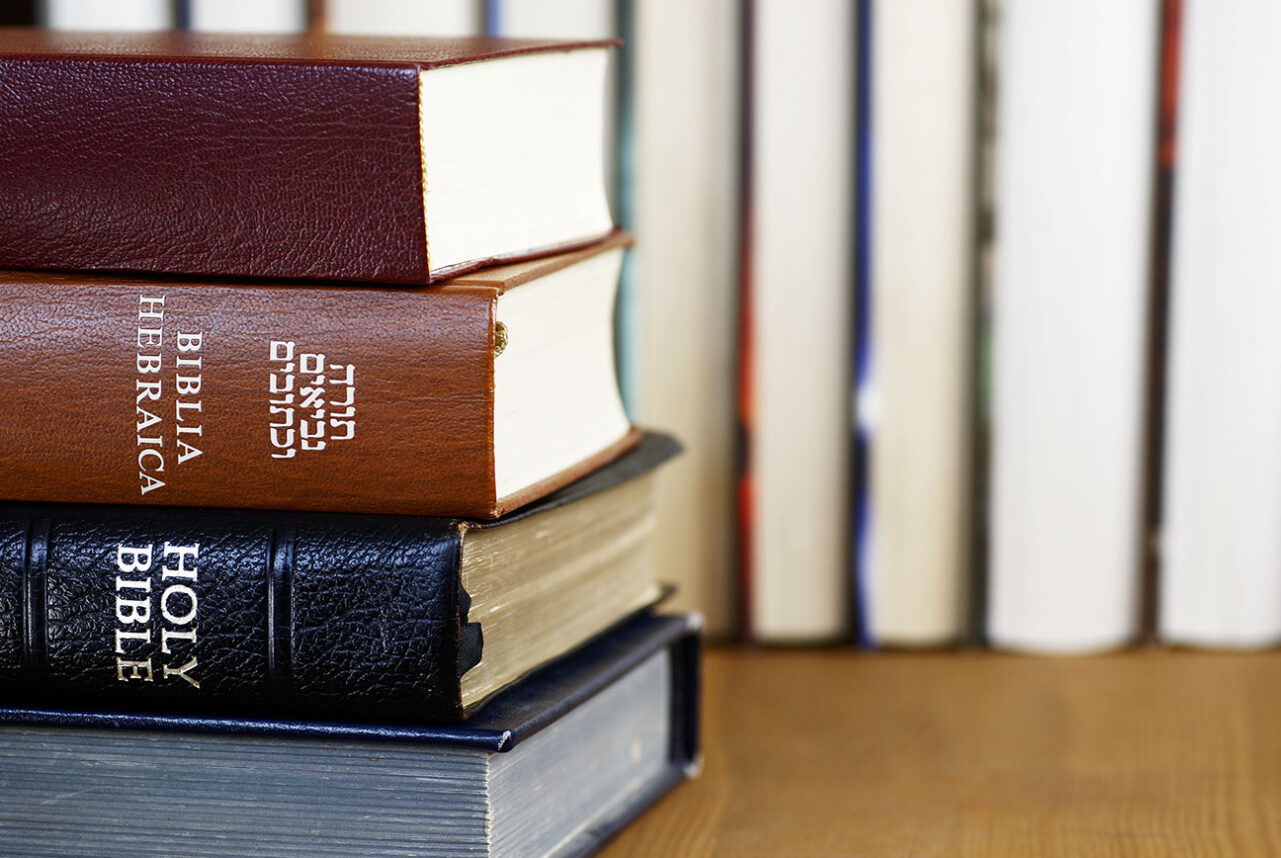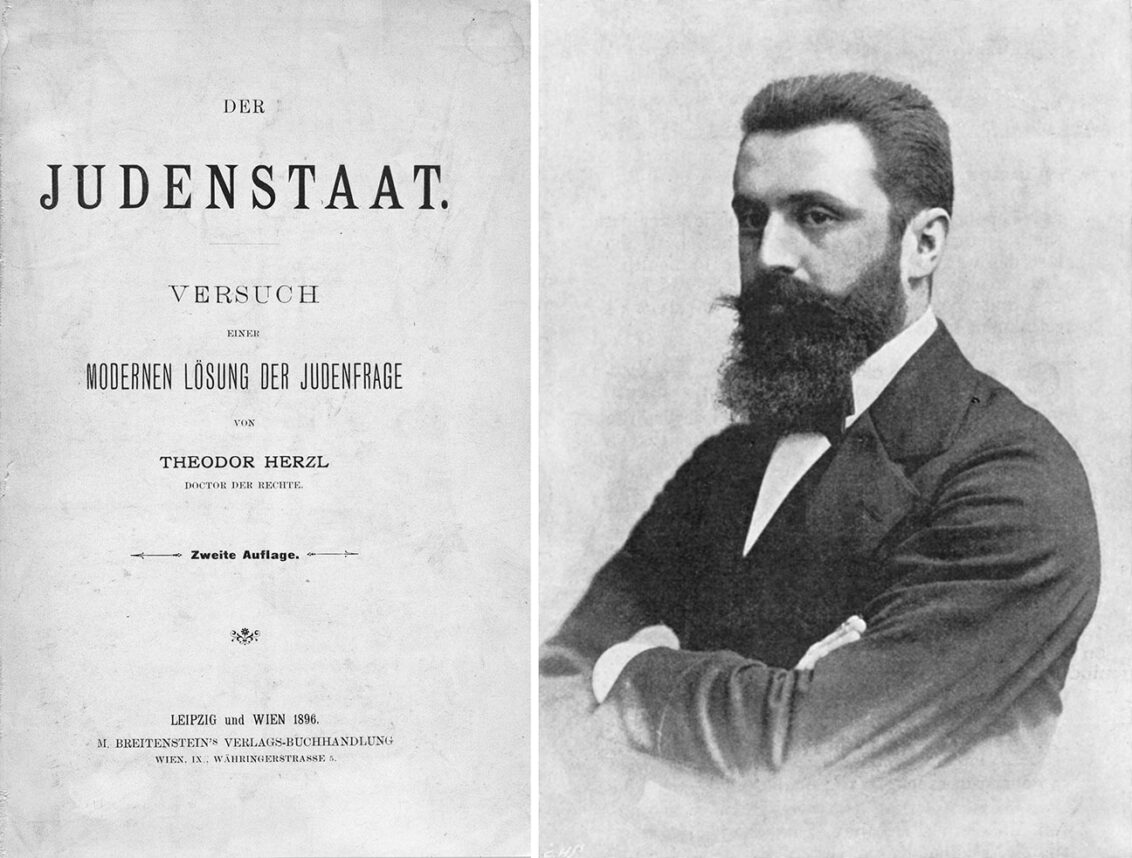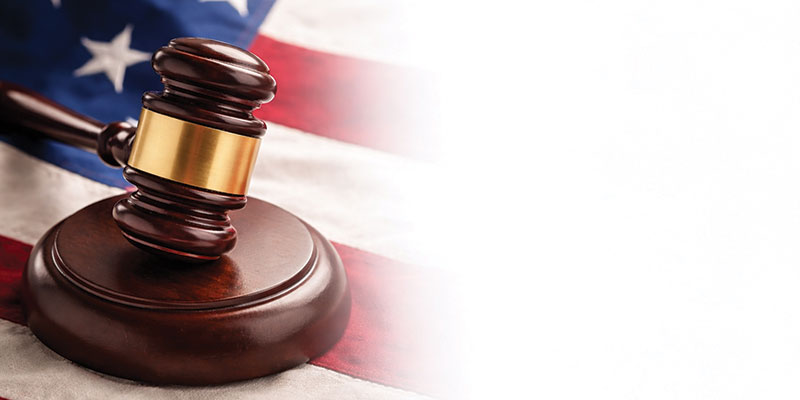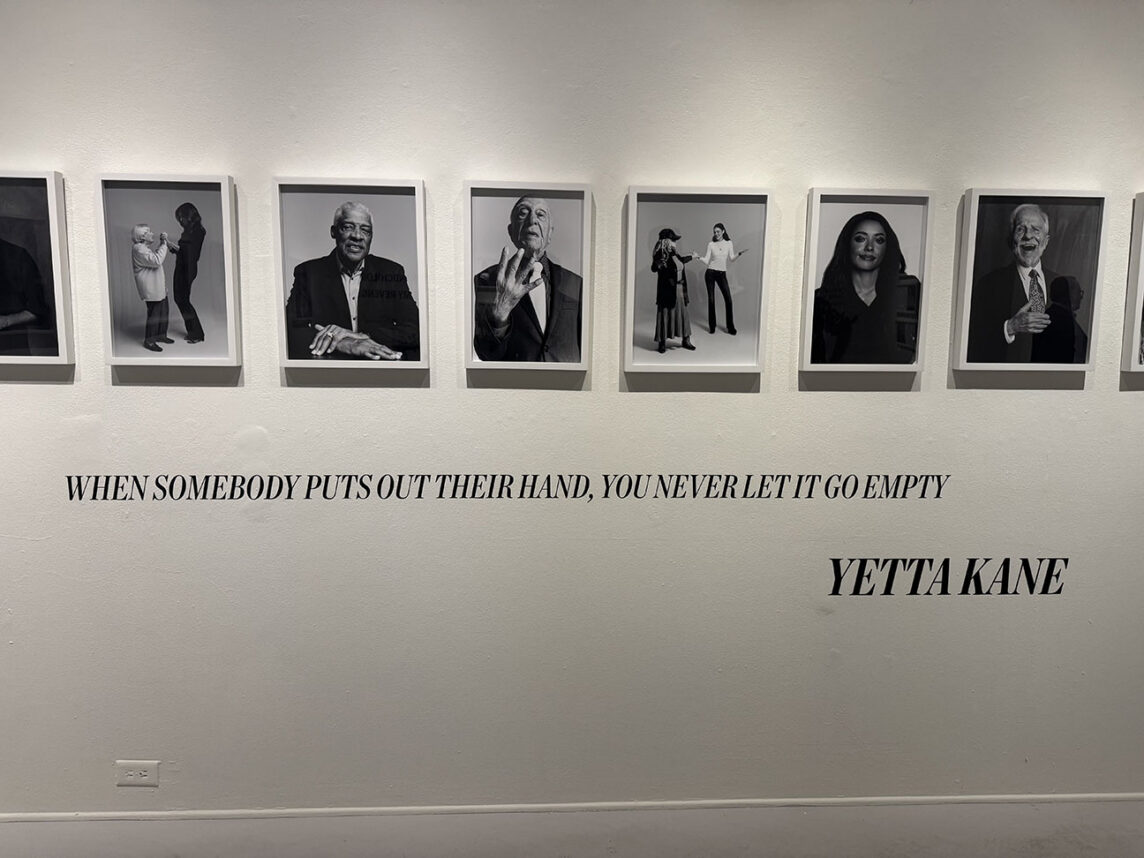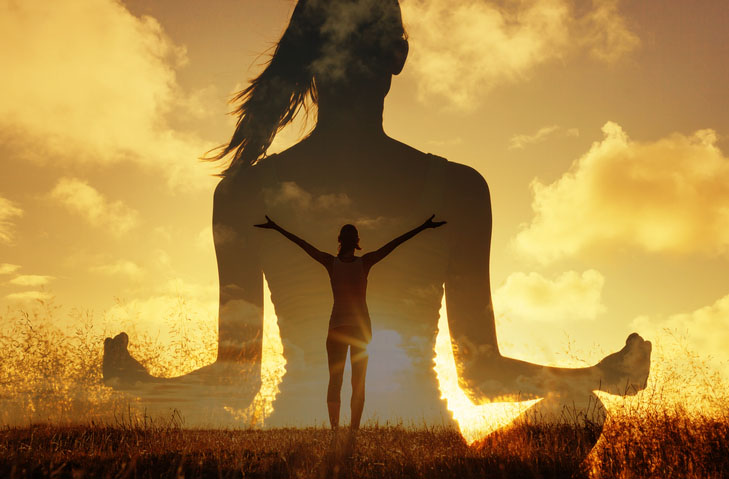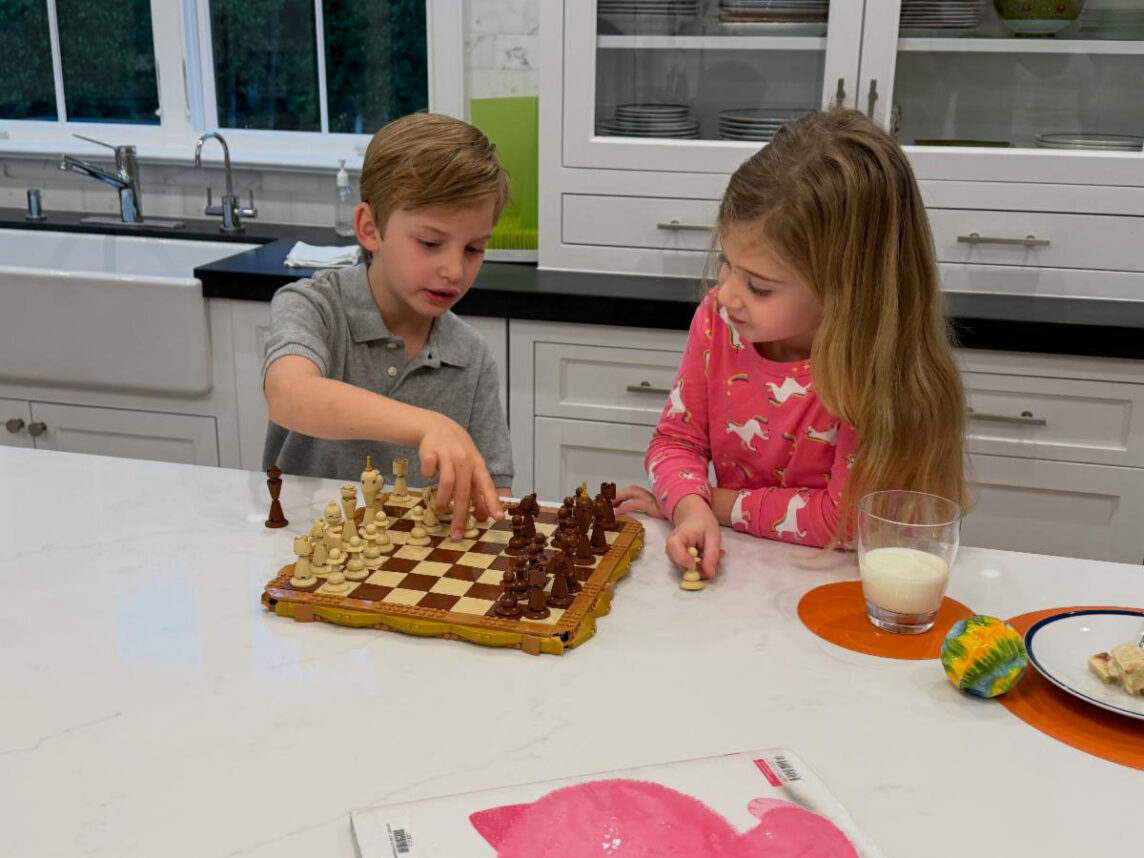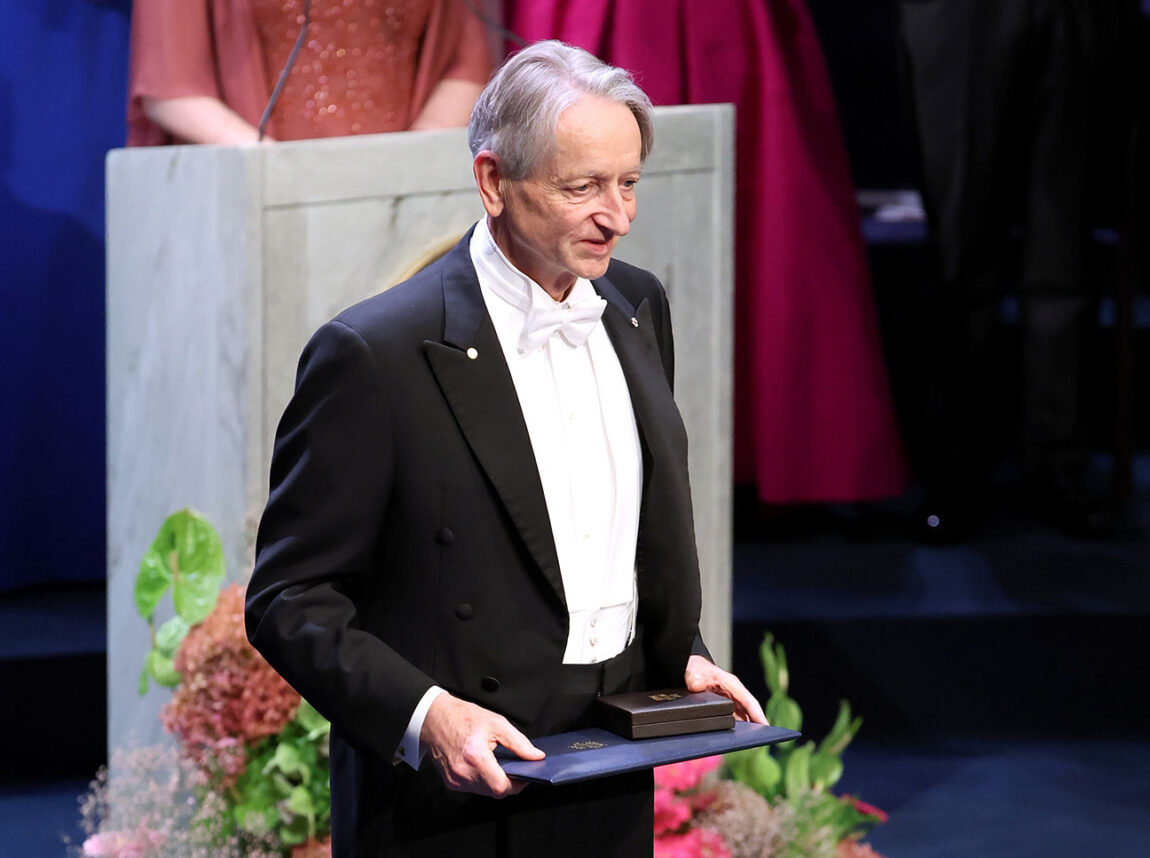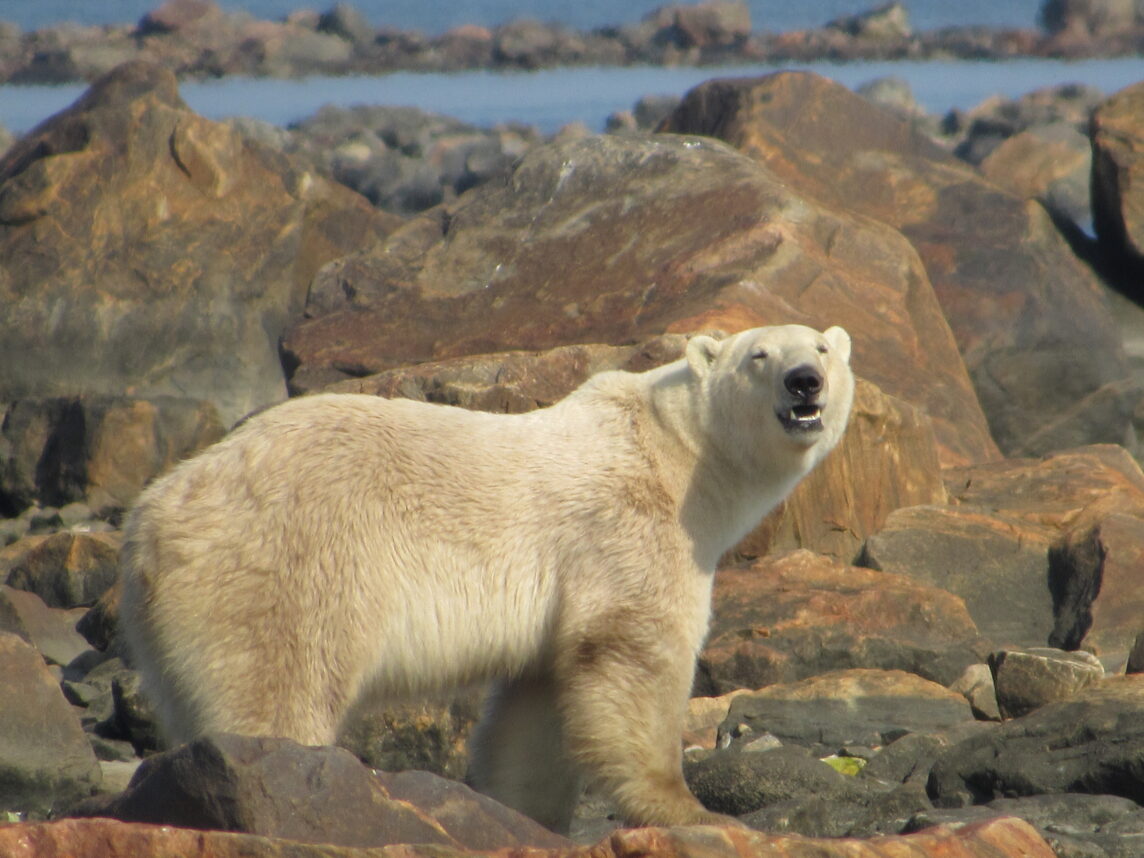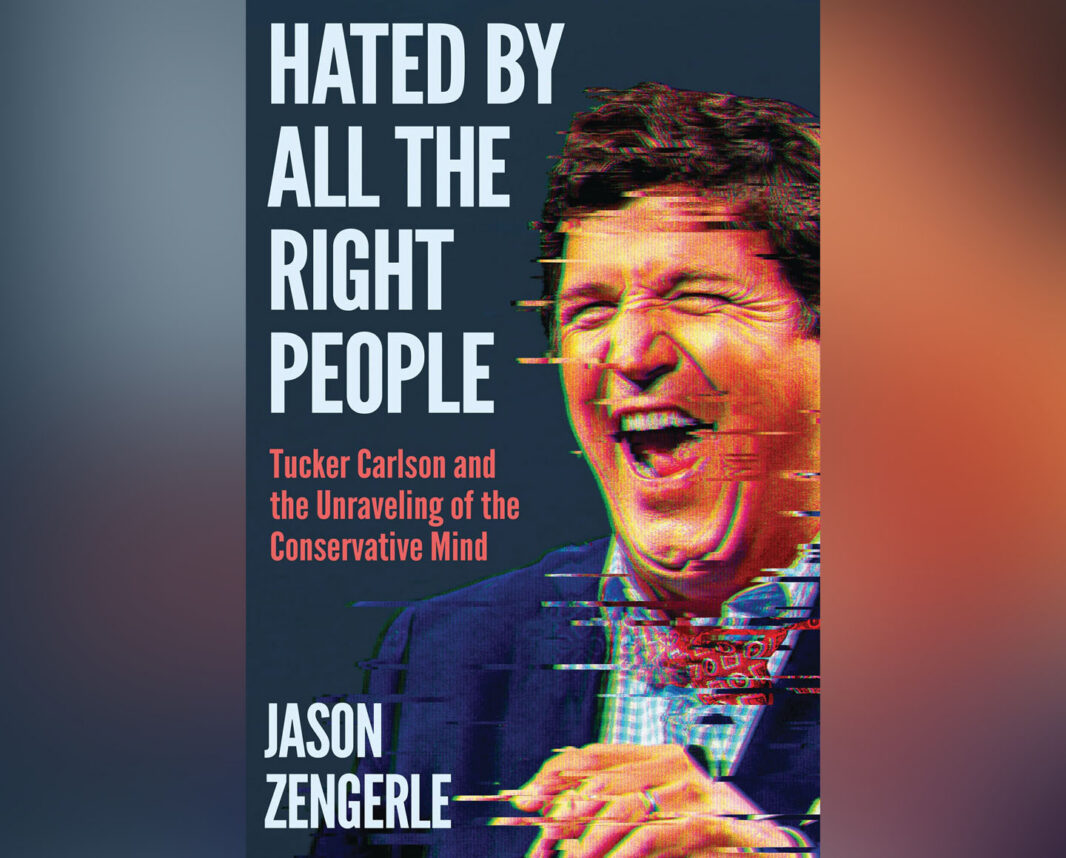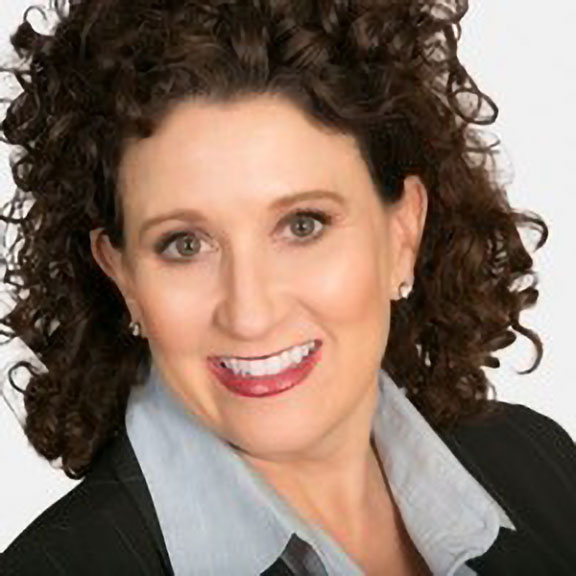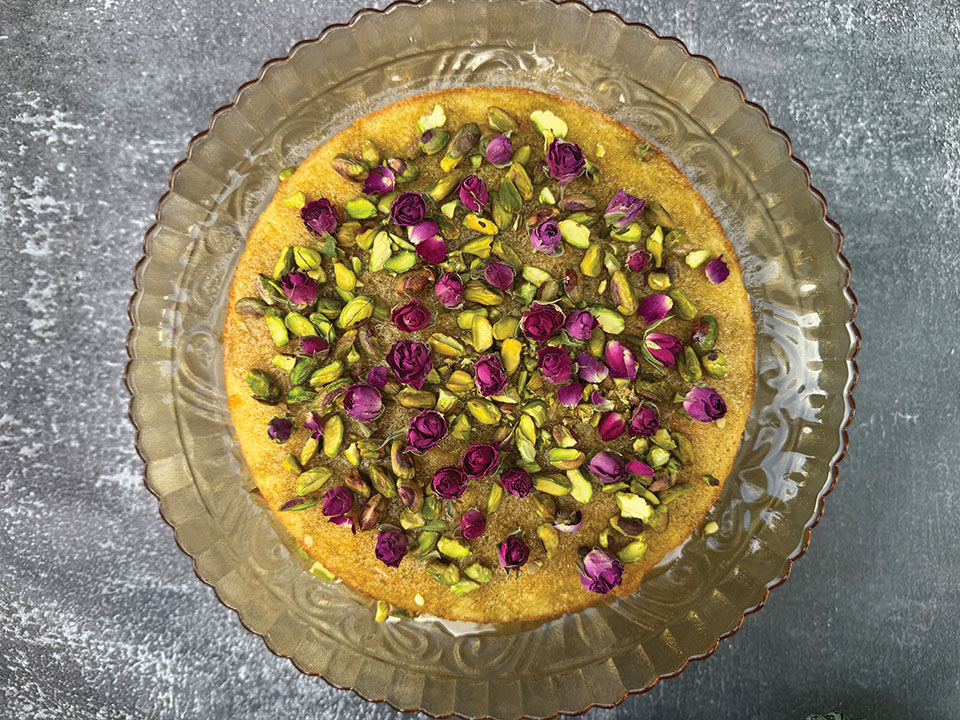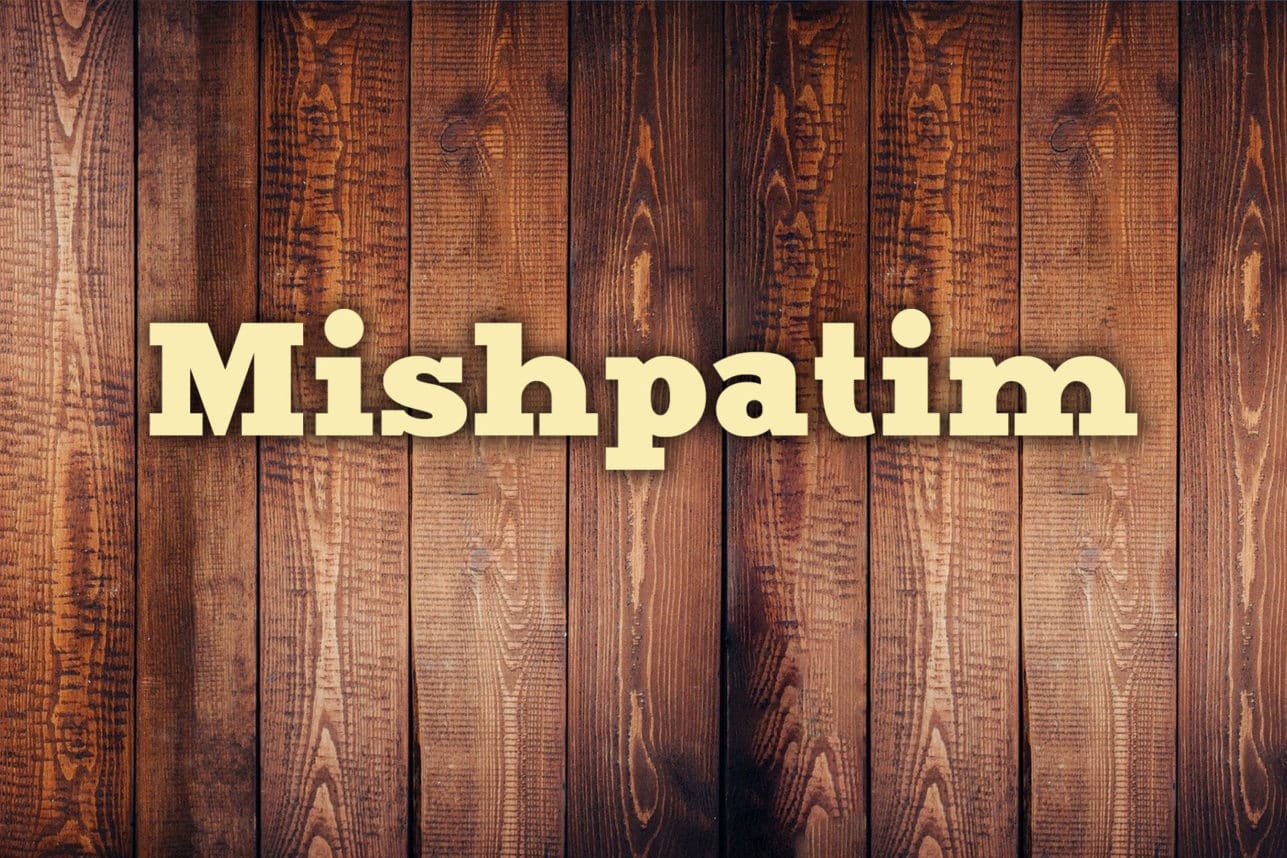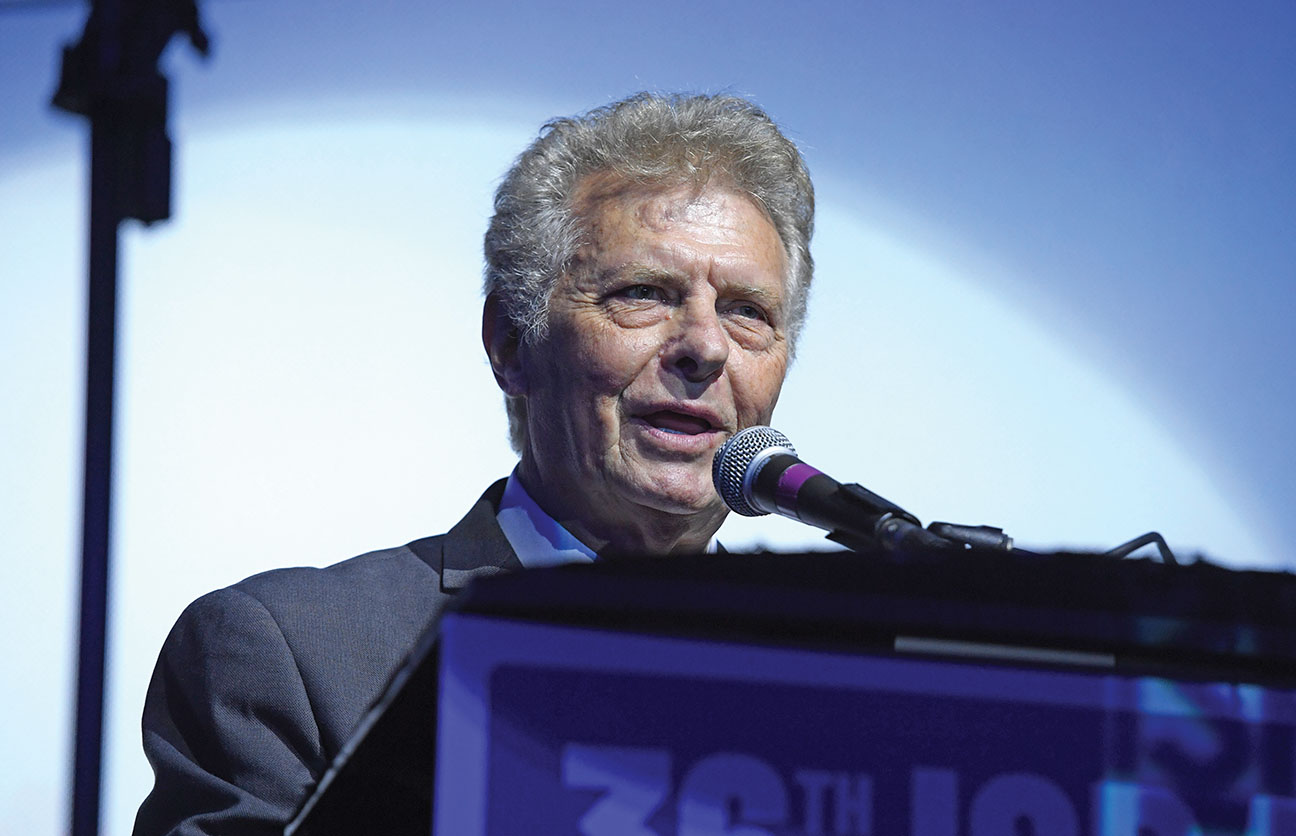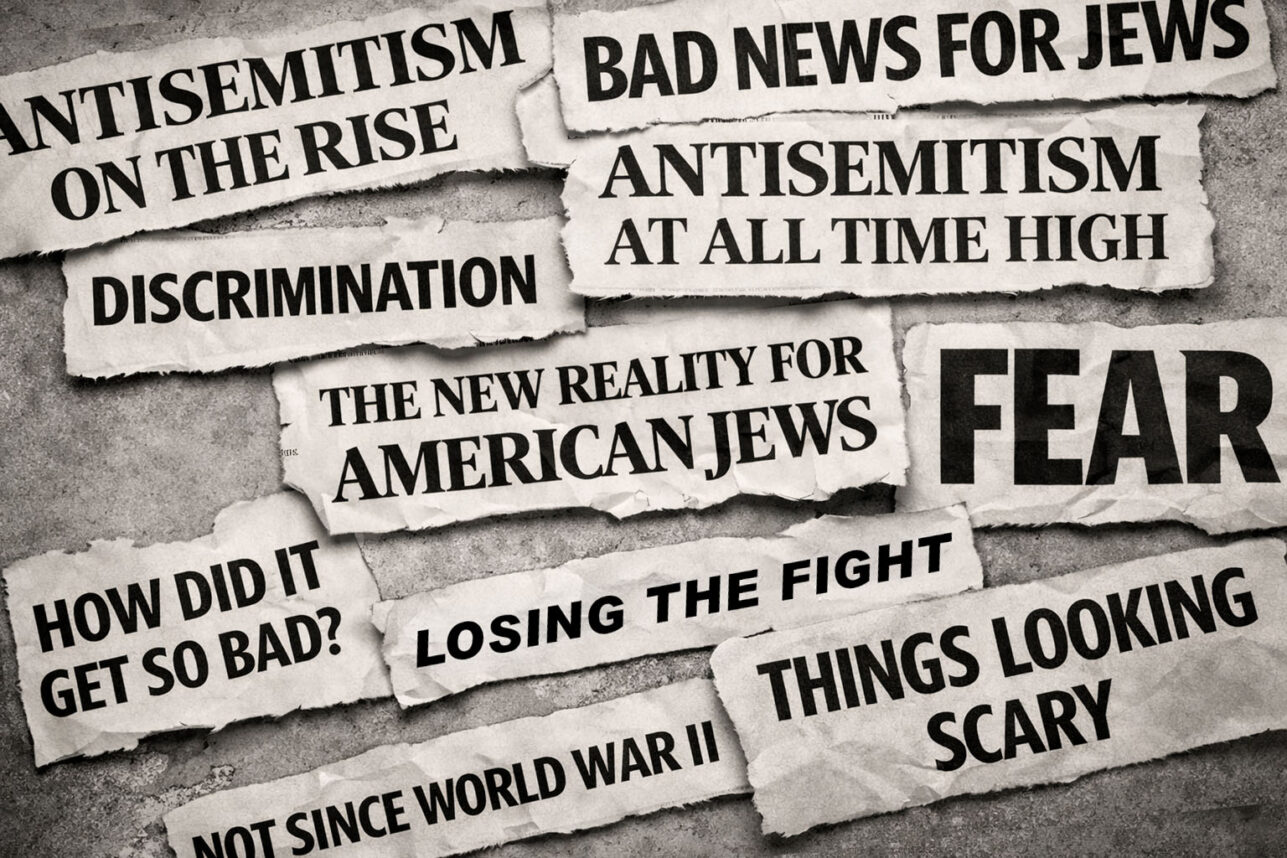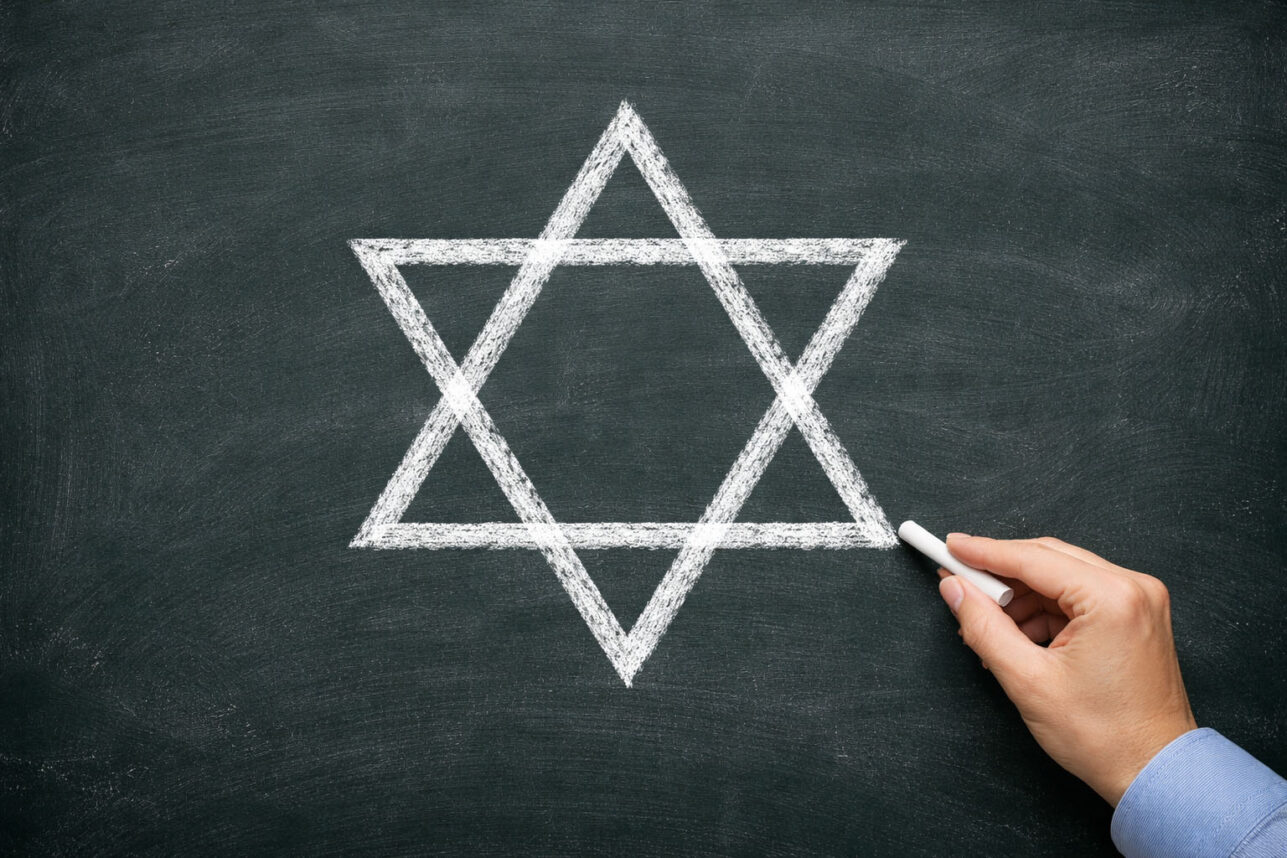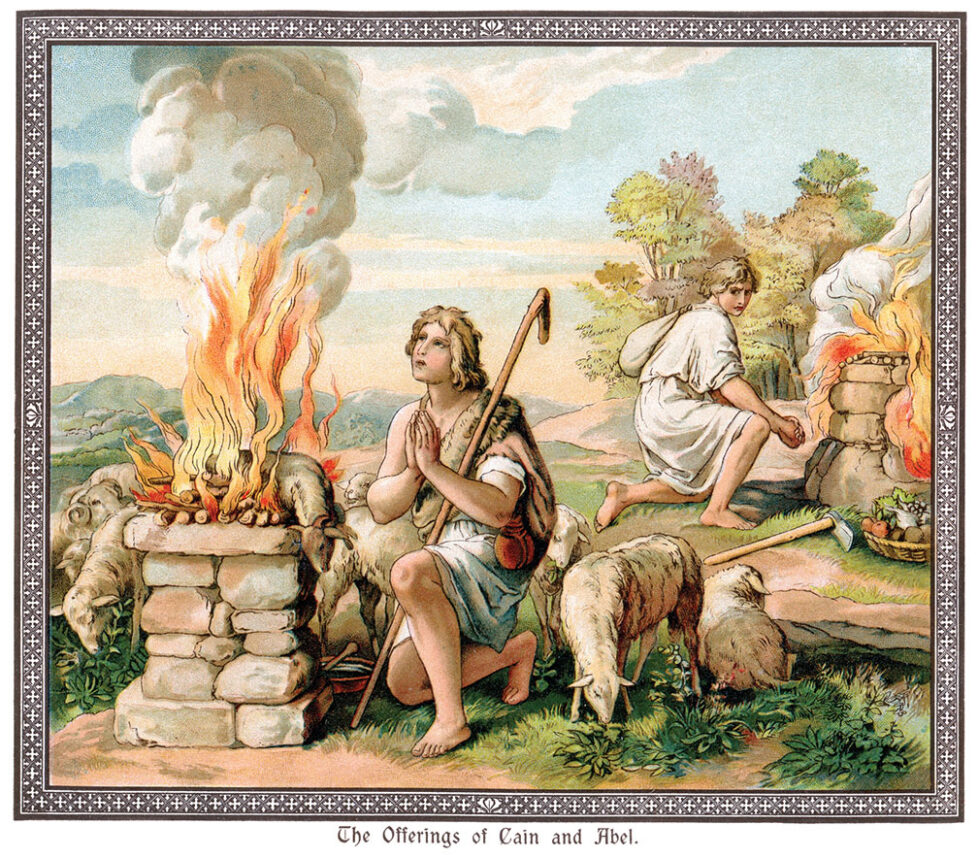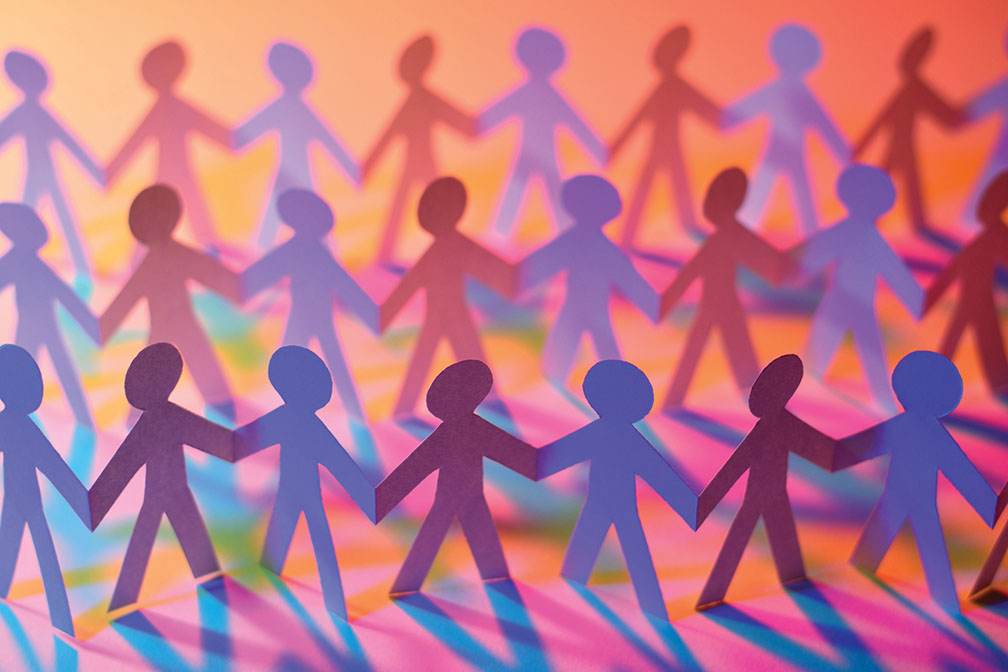
We all have things that embarrass us. One of mine is that I never saw “Gone With the Wind,” the 1939 epic saga around the Civil War that is still the highest grossing film of all time (adjusted for inflation.)
I remember reading in 2020 that HBO Max temporarily removed the film from its streaming service. The move came after an op-ed by John Ridley, the screenwriter of “Twelve Years a Slave,” criticized the film for its racist stereotypes and for whitewashing the horrors of slavery.
Given that there are so many viewing choices today, I didn’t have any special urges to see the film. Still, I’m a movie nut, and there aren’t too many classic American films I haven’t seen.
So, when my friend suggested we devote a Saturday night to a film that runs almost four hours, the film nut in me said “absolutely.”
Because of my journalistic bias, I went in looking for the controversial stuff—how the movie dealt with the cruelty of slavery, the racist stereotypes, the radical movement of the South to secede from the Union, and so on.
But slowly, inexorably, the winds of the film blew those controversies gently away and left me riveted by something else—a story.
But what a story.
The racism, the slavery, the horrors of the Civil War were all there, but they were only a backdrop to tantalizing human forces like love, betrayal, loyalty, cunning, kindness, grief, manipulation, innocence, resilience, hubris, redemption.
I was engrossed in an interplay of human emotions that I imagine can rivet any human being in any century.
I saw a clip recently of author and philosopher Yuval Noah Harari discussing the difference between intelligence and consciousness. “Intelligence is what helps us solve problems,” he said. “Consciousness is what makes us feel.”
“Gone With The Wind” lit up my consciousness. While I did take a few timeouts for my intelligence to ponder the conflicts of that era, in the end, it was my consciousness that won. The mix of love stories, the lengths humans go through to get what they’re not sure they want, the moments when our hearts are forced to surrender— all of those and more aroused things that came naturally to me, things for which I don’t need any intelligence. They aroused my feelings.
For good and for bad, it is our consciousness that defines our humanity. It’s not a coincidence that the toughest thing for AI to emulate will be our consciousness. For now, our consciousness, our feelings, are still ours and no one else’s. There’s a little solace in that.
The feelings in “Gone With the Wind” were an undulating stream that didn’t announce themselves. Maybe that’s why the movie held me for its duration. Even with the occasional dose of melodrama, the emotions felt real, not forced, held together by a story that wouldn’t quit.
At the end, I wasn’t thinking of slavery or the Civil War. I was thinking of an elusive, narcissistic, manipulative survivor like Scarlett O’Hara, and a conflicted, mysterious lover like Rhett Butler, whose desperate heart had no place to go.
The movie is bursting with multiple characters and human hearts looking for a place to go, hearts that go through their own internal civil wars.
In that sense, maybe the movie is all of us– human beings with hearts caught up in unpredictable winds, looking for a place to go.







